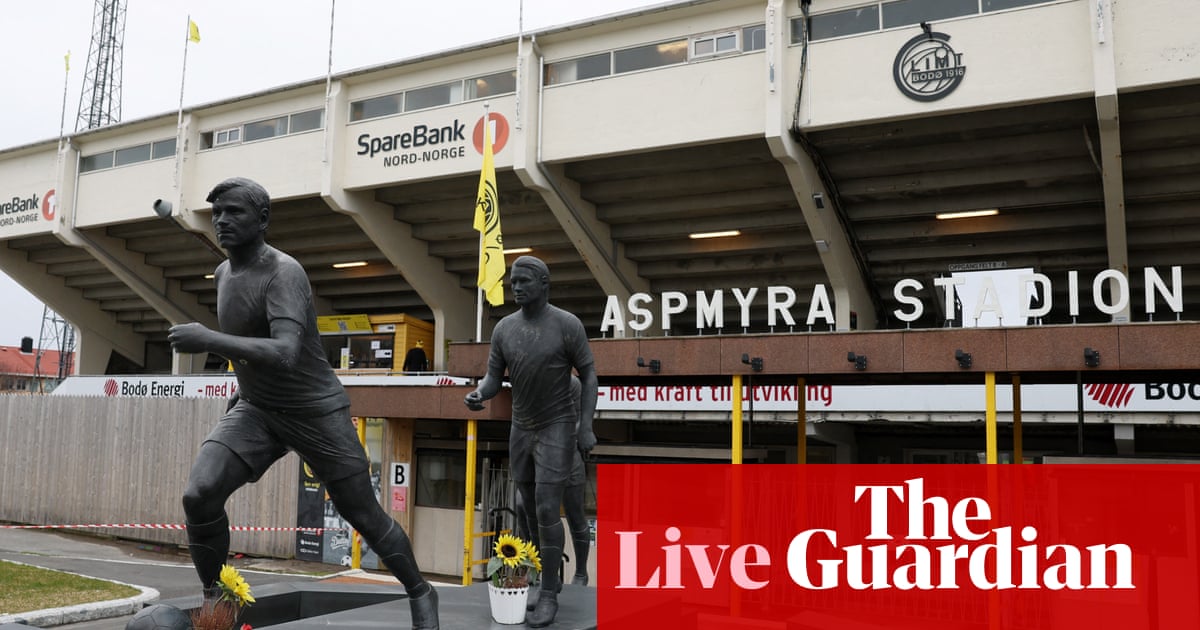Polly Toynbee is right that there will be far worse to come for Labour if it carries on down its road of making the poorest yet poorer (The lesson for Labour? Until it can improve local lives and stop fearing Farage, more losses are coming, 6 May). She says: “They will be challenged by Reform UK in towns such as Barnsley.” Barnsley is the 38th most deprived local authority in England. Almost a quarter of its children live in poverty. Reform is a party with no poverty-alleviation policies and a “contract” with voters that states: “All job seekers and those fit to work must find employment within 4 months or accept a job after 2 offers. Otherwise, benefits are withdrawn.” That it has any cut‑through in Barnsley, for example, shows how little Labour has offered to such communities.
It is clear that Labour has no intention of addressing the core issues of poverty and the cost of living crisis, and that working-class communities desperately need a party that will put such issues at its core and fight for a redistribution of wealth. Why, anyway, do we assume that when Labour seeks to kick downwards over “small boats” that it is copying Nigel Farage rather than simply using immigration as a distraction from its own failings?
Tony Blair, Jack Straw and David Blunkett didn’t need to compete with Farage – their targeting of “bogus” asylum seekers accelerated a race to the bottom in our approach to asylum and immigration at a time when Farage meant nothing and Keir Starmer was writing textbooks on human rights law.
Nick Moss
London
Polly Toynbee is spot-on in urging the government to commit to “rapid and highly visible action”. Prompt, progressive and sustained injection of resources into public services is needed for real, observable change on the ground. As a correspondent said recently, “keeping kids in poverty is economically illiterate” (Letters, 6 April).
I have resigned from the Labour party after some 30 years and know that I am not alone. I do not wish to be associated with an organisation whose priorities are fiscal restraint and staying in power rather than reducing the glaring inequality at the heart of our society. I had reasonable hopes of this government. Disappointment has now morphed into disillusion.
Ray Williams
Brighton
As a representative of a smaller, progressive party contesting the recent council elections, I shared some time at a polling station with a Reform UK counterpart, each of us greeting voters in the hope that a cheerful smile might win over a wavering “undecided”. His voters were often easy to spot – tradesmen arriving after work, openly declaring their support for Reform.
After a couple of hours, we parted amicably with a handshake and mutual good luck wishes. I found him a pleasant young man and indeed he went on to win the seat. While Reform no doubt has a number of questionable characters, the majority of its supporters are decent people, disillusioned by the failure of traditional parties to address their frustrations, fears and aspirations.
For progressive parties of the centre-left, the answer is not to belittle or condemn Reform voters, but to acknowledge their concerns and provide better solutions. Now is not “the time for outright confrontation with the dark forces of the right”, as Polly Toynbee says – it is time to engage and to listen.
Name and address supplied

 6 hours ago
7
6 hours ago
7













































